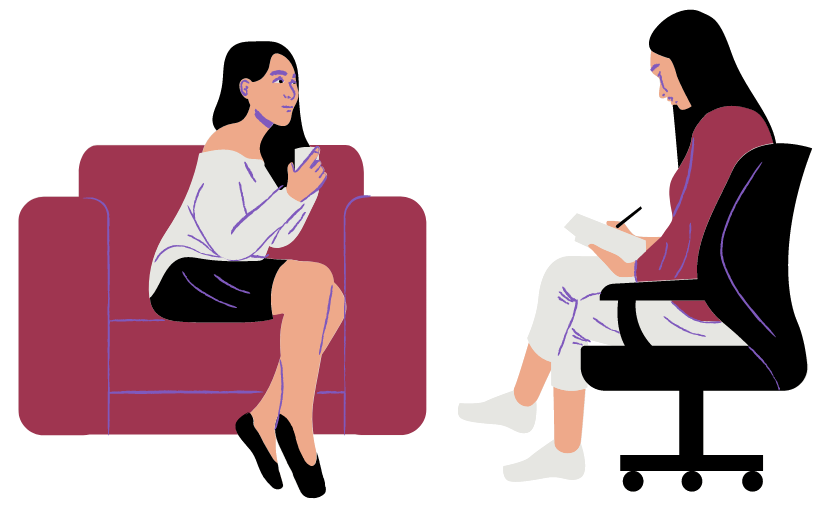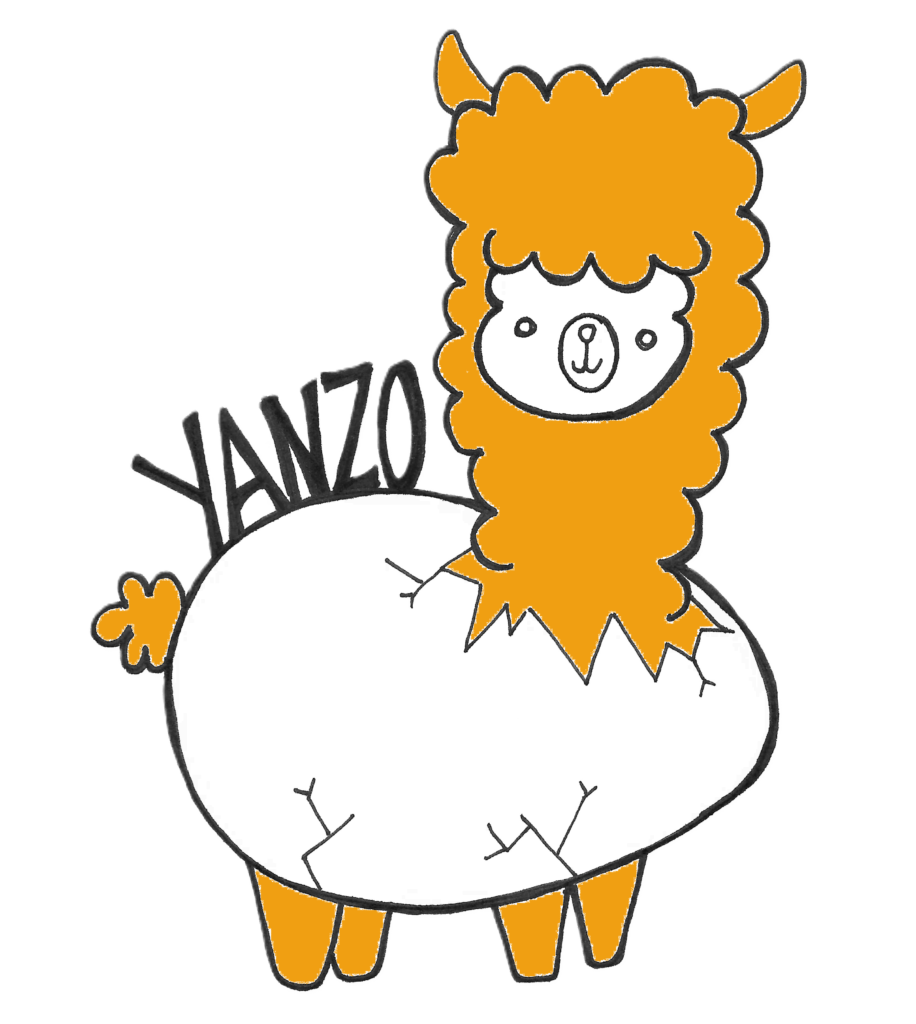Intersection of Doubting Disease, Religion, and LGBTQ+
Introduction
Obsessive-compulsive disorder (OCD), often referred to as the “doubting disease,” is a mental health condition characterized by intrusive thoughts, anxiety-inducing obsessions, and distressing compulsions 7.
For individuals with religious or spiritual beliefs, OCD can manifest as scrupulosity – excessive doubts and perfectionism surrounding moral or religious matters 7. Moreover, LGBTQ+ individuals may experience OCD symptoms related to their sexual orientation or gender identity, leading to significant distress and challenges 7.
This article delves into the intersection of OCD with religion and LGBTQ+ identities, exploring the unique struggles faced by those navigating these intersecting facets 7.
It discusses coping strategies, treatment options, and personal experiences, shedding light on the profound impact of doubting disease on mental well-being and personal identity 7.
Scrupulosity: Religious Obsessions and Compulsions
Scrupulosity is a subtype of obsessive-compulsive disorder (OCD) that involves religious or moral obsessions 1. Common obsessions in scrupulosity include:
- Fear of committing blasphemy
- Fear of having committed a sin
- Excessively striving for purity
- Fear of going to hell 1
Behavioral compulsions in scrupulosity may include:
- Writing prayers repeatedly
- Excessive confession
- Repeated cleansing/purifying rituals
- Treating religious services as obligatory 1
Mental compulsions can involve:
- Excessive or repeated prayer
- Repeatedly imagining sacred images/phrases
- Making pacts with God
- Mental efforts to neutralize ‘bad’ thoughts 1
Religious OCD and Treatment
Religious OCD, also known as scrupulosity, is a form of OCD where a person’s obsessions and compulsions are focused on religion or morality 2. Symptoms can include obsessions like:
- Fear of going to hell
- Being overly moral
- Doubting one’s religious beliefs 2
Compulsions may involve excessive praying, seeking reassurance from religious leaders, or performing cleansing rituals 2. First-line treatments for religious OCD are similar to OCD, including medication like selective serotonin reuptake inhibitors (SSRIs) and therapy like cognitive-behavioral therapy (CBT) and exposure and response prevention (ERP) 1 2.

Prevalence and Therapy for Scrupulosity
Scrupulosity is a type of OCD where people experience obsessions, compulsions, and distress related to their faith, spirituality, and religion 3. Common symptoms include:
- Conducting prayers and religious acts repetitively
- Using ‘magical numbers’ when performing rites or prayers
- Constantly repenting or going to confession
- Obsessing about scriptures and worrying they have misunderstood them 3
It is estimated that over 2% of people will experience OCD in their lifetime, and a third of those will experience it as religious scrupulosity 3. Treatment for scrupulosity includes exposure and response prevention (ERP) therapy, acceptance and commitment therapy (ACT), as well as medication if needed 1 3.
LGBTQ+ Individuals and Religious Trauma
LGB individuals often experience rejection from their religious/spiritual communities due to their sexual orientation 4. The coming-out process can be especially difficult for LGB individuals and can lead to existential crises, including questioning their place within the religious/spiritual realm 4.
A study examined the effects of religious trauma on LGBTQ+ individuals who were members of the LDS (Latter-day Saint) church 5. The findings showed:
- The longer LGBTQ+ individuals spent feeling concerned about being LGBTQ+ and Mormon, the higher their levels of depression, obsessive-compulsive symptoms, and lower social safety 5.
- For younger participants, longer duration of concern was associated with higher scrupulosity, lower social safety, and lower obsessive-compulsive symptoms 5.
- For participants who remained active in the church, longer duration of concern was associated with higher depression and lower social safety 5.
The study highlights the significant negative mental health impacts that can result from the conflict between LGBTQ+ identity and membership in a high-demand religion like the LDS church, especially the longer this conflict persists 5.
Challenges Faced by LGBTQ+ Individuals with OCD
LGBTQ+ individuals face added layers of stigma and marginalization, which can foster isolation and worsen mental health 6. Being LGBTQ+ presents additional barriers to diagnosis and treatment of OCD, due to lack of inclusive representation and research, as well as lack of affirming clinicians 6.
Doubts and Discrimination
- Queer individuals with OCD may be doubted in treatment or made to feel “too much” due to their intersecting identities 6.
- Stereotypes and microaggressions in therapy, lack of safe spaces, and attempts to “convert” queer clients are common challenges 6.
Prevalence of Discrimination
| Group | Experienced Discrimination |
|---|---|
| LGBTQ+ respondents | 32% |
| QPOC respondents | 40% |
| Transgender and nonbinary respondents | 55% |
The data highlights the high rates of discrimination faced by LGBTQ+ individuals, especially transgender and nonbinary people, from mental health professionals 6.
OCD Subtypes and Barriers
Sexual Orientation (SO) OCD and Gender Identity (GI) OCD can negatively impact finding queer community and exploring sexual/gender identity, and delay/prevent seeking treatment 6.
Clinicians should avoid microaggressions and exposures that harm LGBTQ+ individuals, ensure treatment is queer-affirming and gender-affirming, and ask potential clinicians about their LGBTQ+ knowledge, caseload, and approach to treatment 6.

My opinion: Interception of OCD,LGBT and Religious trauma
Being queer can impact the diagnosis of OCD in several ways. LGBT individuals may face unique stressors related to their sexual orientation or gender identity, which can exacerbate OCD symptoms. This additional stress can make it more challenging to manage OCD and may also lead to delays in seeking treatment.
Religious trauma related to one’s sexual orientation or gender identity can also significantly impact the development and management of OCD in LGBT individuals. Negative experiences within religious communities or families due to non-conformity to traditional gender or sexual norms can contribute to increased anxiety and distress, potentially worsening OCD symptoms.
The intersection of OCD, spirituality, and LGBTQ+ identities introduces another layer of complexity to this multifaceted experience. For many LGBTQ+ individuals, the journey towards self-acceptance and embracing their authentic selves can be arduous, particularly when confronted with religious or spiritual teachings that may not affirm or validate their identities.
The constant barrage of messages that condemn or stigmatize LGBTQ+ identities can exacerbate the intrusive thoughts and compulsions associated with OCD. Individuals may find themselves grappling with fears of divine judgment, concerns about their moral standing, or doubts regarding their gender identity or sexual orientation.

The Toll on Mental Well-being
The intersection of OCD, spirituality, and LGBTQ+ identities can have profound implications for mental well-being. The internal conflicts, self-doubt, and societal stigma can contribute to heightened levels of anxiety, depression, and a diminished sense of self-worth.
Moreover, the fear of rejection or ostracism from religious communities or support systems can lead to social isolation, further exacerbating the challenges faced by individuals navigating this complex landscape.
Impact of Being Queer on OCD Diagnosis:
- LGBT individuals may experience unique stressors related to their sexual orientation or gender identity, such as discrimination, stigma, or rejection, which can contribute to increased anxiety and distress.
- These additional stressors can exacerbate OCD symptoms and make it more challenging for individuals to recognize and seek treatment for their condition.
- The fear of discrimination or lack of understanding from mental health professionals may also deter LGBT individuals from seeking help for their OCD symptoms.
Impact of Religious Trauma on OCD Development for LGBT Individuals:
- Religious trauma, stemming from negative experiences within religious communities or families due to non-conformity to traditional gender or sexual norms, can lead to significant psychological distress.
- This trauma can contribute to the development or exacerbation of OCD symptoms in LGBT individuals, as the internalized shame, guilt, or fear resulting from religious trauma can intensify anxiety and obsessive-compulsive behaviors.
- The conflict between religious teachings and LGBT identity can create a profound internal struggle, potentially impacting an individual’s mental well-being and ability to cope with OCD symptoms.
Coping Strategies and Treatment Options
Culturally-Competent Care for LGBTQ+ Individuals with OCD
Treatment for OCD in the LGBTQ+ community often involves cognitive-behavioral therapy (CBT) and exposure and response prevention (ERP) techniques 7. It is important for mental health professionals to be aware of the unique challenges faced by LGBTQ+ individuals with OCD in order to provide culturally-competent care 7.
A study found no significant differences in treatment outcomes between sexual minorities and heterosexual individuals in an intensive/residential treatment (IRT) program for obsessive-compulsive and related disorders (OCRDs) 8.
While sexual minorities showed slightly higher OCD symptoms, lower distress tolerance, and more depression at admission, these differences were not statistically significant 8.
Treatment was effective in reducing OCD and depression symptoms and improving distress tolerance for both groups 8.
Key Considerations for Treatment
- Culturally-sensitive approach: Mental health professionals should be aware of the unique challenges faced by LGBTQ+ individuals with OCD, such as discrimination, stigma, and identity-related obsessions 7.
- Inclusive and affirming environment: Creating a safe and inclusive environment for LGBTQ+ individuals is crucial for effective treatment 7. This includes using appropriate language, respecting pronouns, and avoiding assumptions about gender identity or sexual orientation.
- Tailored treatment strategies: Treatment strategies may need to be tailored to address specific concerns related to LGBTQ+ identity and experiences 7. For example, exposure exercises may involve addressing internalized stigma or challenging societal biases.
- Collaboration with LGBTQ+ community resources: Collaborating with LGBTQ+ community organizations and support groups can provide additional resources and support for individuals undergoing treatment 7.
By adopting a culturally-competent approach, mental health professionals can create a supportive and effective treatment environment for LGBTQ+ individuals with OCD.

Conclusion
The intersection of doubting disease, religion, and LGBTQ+ identity presents unique challenges and complexities. Scrupulosity, or religious OCD, can manifest in various ways, from obsessions about sin and morality to compulsions involving excessive prayer or ritualistic behaviors.
LGBTQ+ individuals navigating this intersection may face additional hurdles, such as religious trauma, discrimination, and barriers to affirmative care.
While the path forward is not without obstacles, culturally competent care, inclusive environments, and tailored treatment strategies offer hope. By fostering understanding and embracing diversity, mental health professionals can create a supportive space for LGBTQ+ individuals with OCD to explore their identities and find solace. As our understanding of this intersection deepens, we move closer to a world where all individuals can thrive, free from the burdens of stigma and discrimination.

FAQs
What are the key social factors that affect the health of LGBTQ+ individuals?
The health of LGBTQ+ individuals can be influenced by five main social factors: (i) experiences of homophobia, biphobia, or transphobia; (ii) societal norms regarding sexuality and gender; (iii) the challenges of navigating sexual and gender identities in various aspects of life; (iv) the difficulty of being unable to openly discuss one’s identity; and (v) additional life crises that may compound stress.
What does it mean to be “out and proud”?
Being “out and proud” refers to the act of embracing and expressing one’s true self without apologies or reservations, and finding joy and authenticity in one’s own identity.
How does queer theory change our understanding of the world?
Queer Theory is an academic and social approach that promotes viewing the world from alternative perspectives. It questions and deconstructs conventional ideas about gender and sexuality, critiques established academic methods, and advocates for the eradication of social inequalities.
References
[1] – https://iocdf.org/faith-ocd/what-is-ocd-scrupulosity/
[2] – https://www.medicalnewstoday.com/articles/religious-ocd
[3] – https://www.mcleanhospital.org/essential/scrupulosity
[4] – https://onlinelibrary.wiley.com/doi/10.1002/cvj.12120
[5] – https://uen.pressbooks.pub/2023range/chapter/howard/
[6] – https://iocdf.org/wp-content/uploads/2023/07/LGBTQ-Representation-in-OCD-Treatment-1.pdf
[7] – https://huskiecommons.lib.niu.edu/cgi/viewcontent.cgi?article=8334&context=allgraduate-thesesdissertations
[8] – https://www.ncbi.nlm.nih.gov/pmc/articles/PMC10201929/
[9] – https://rogersbh.org/download_file/view/32f141ca-0a73-4234-b148-e55ff00a7c9f/3856

